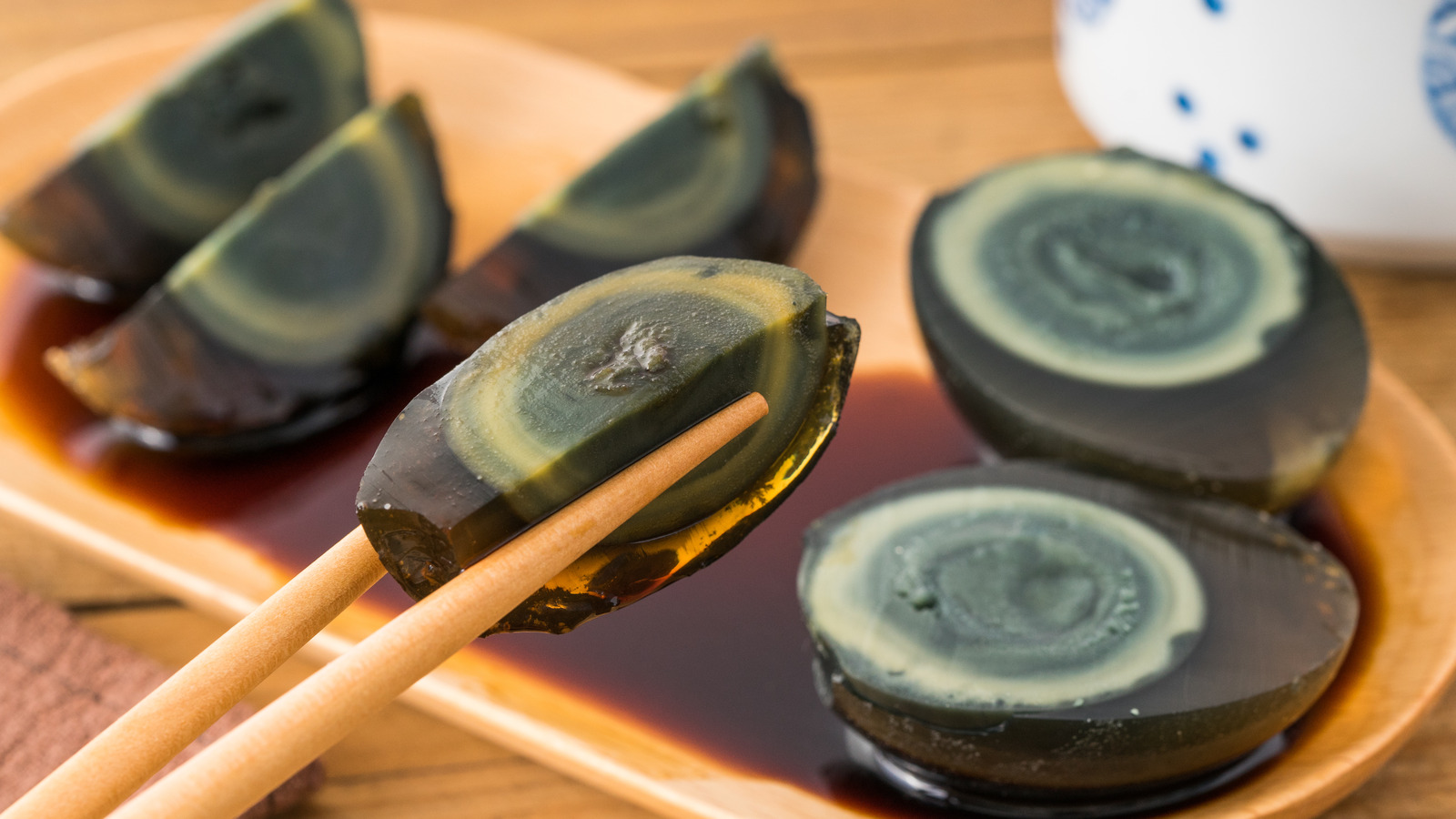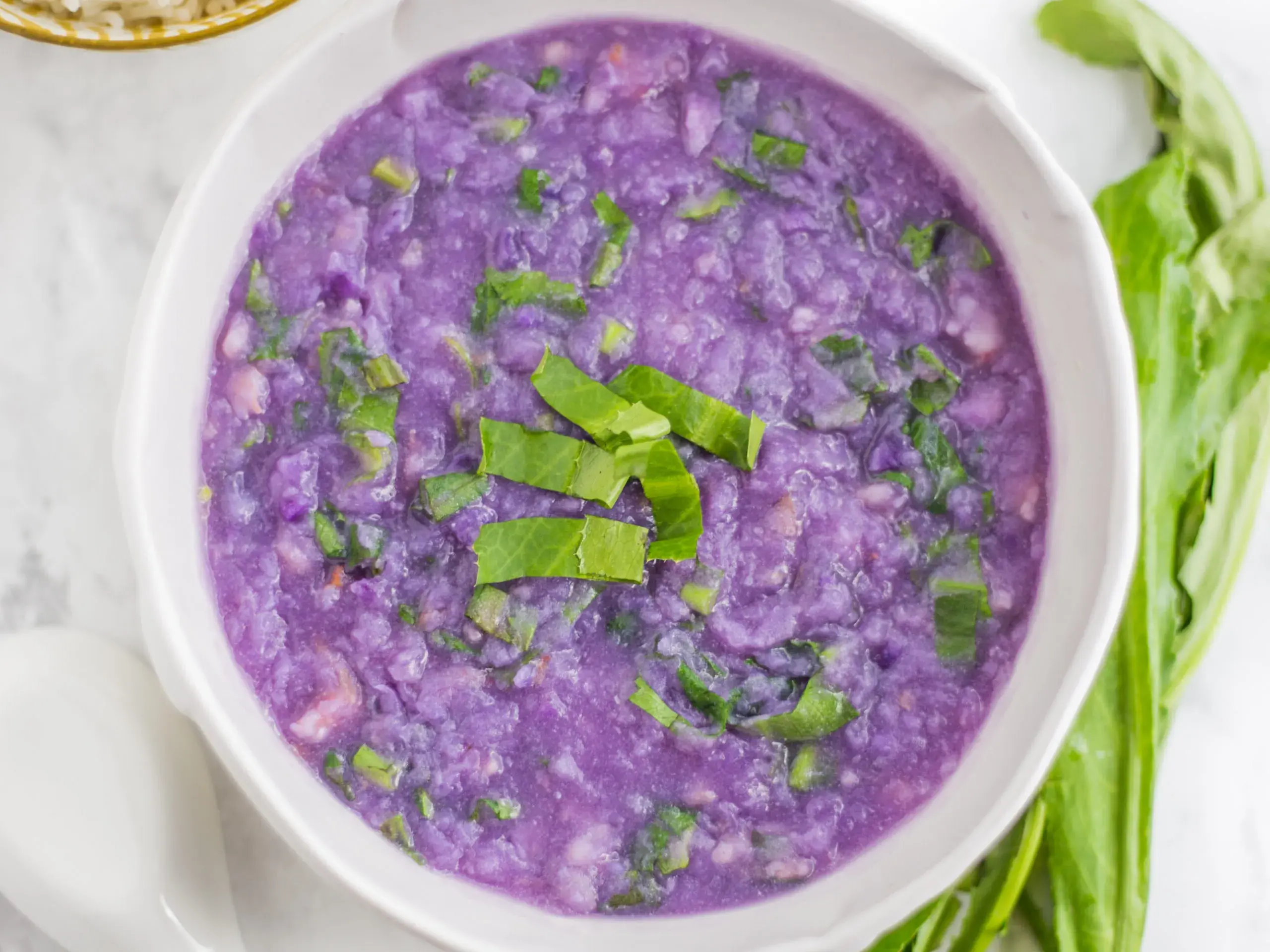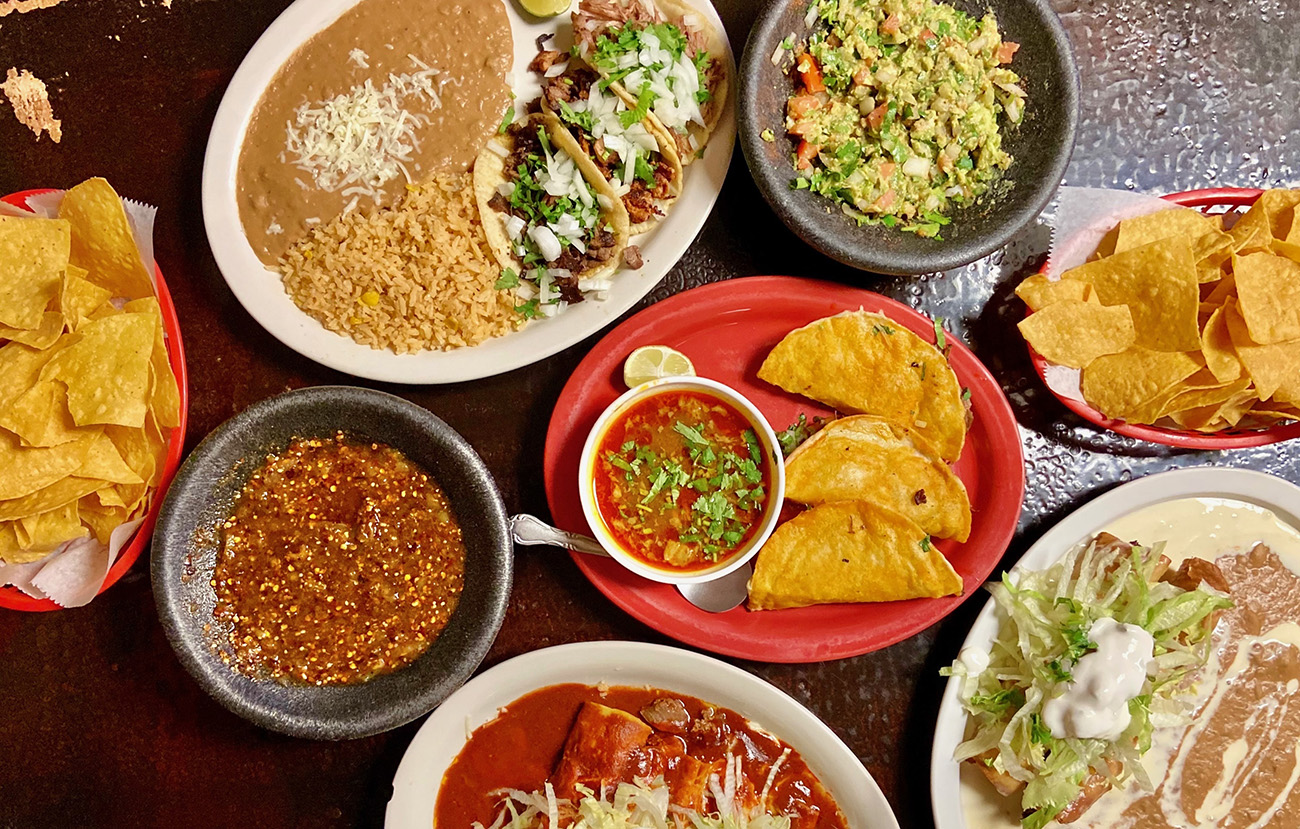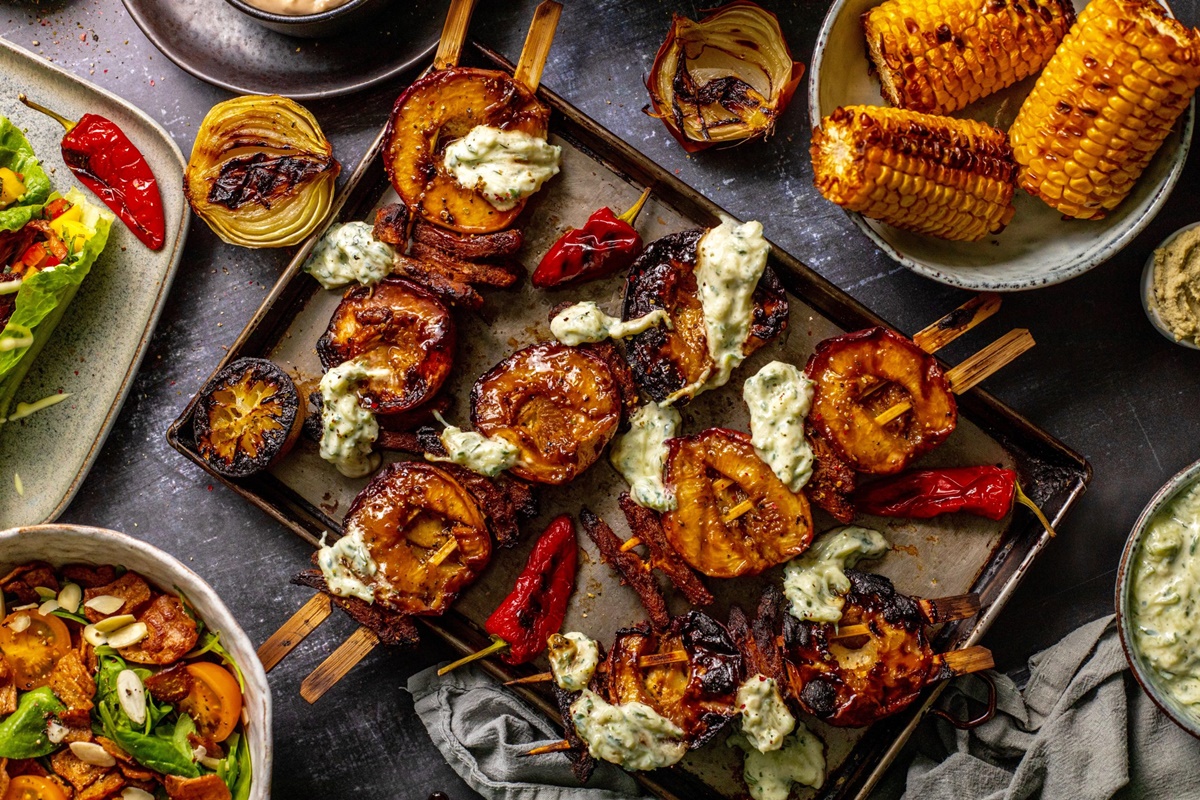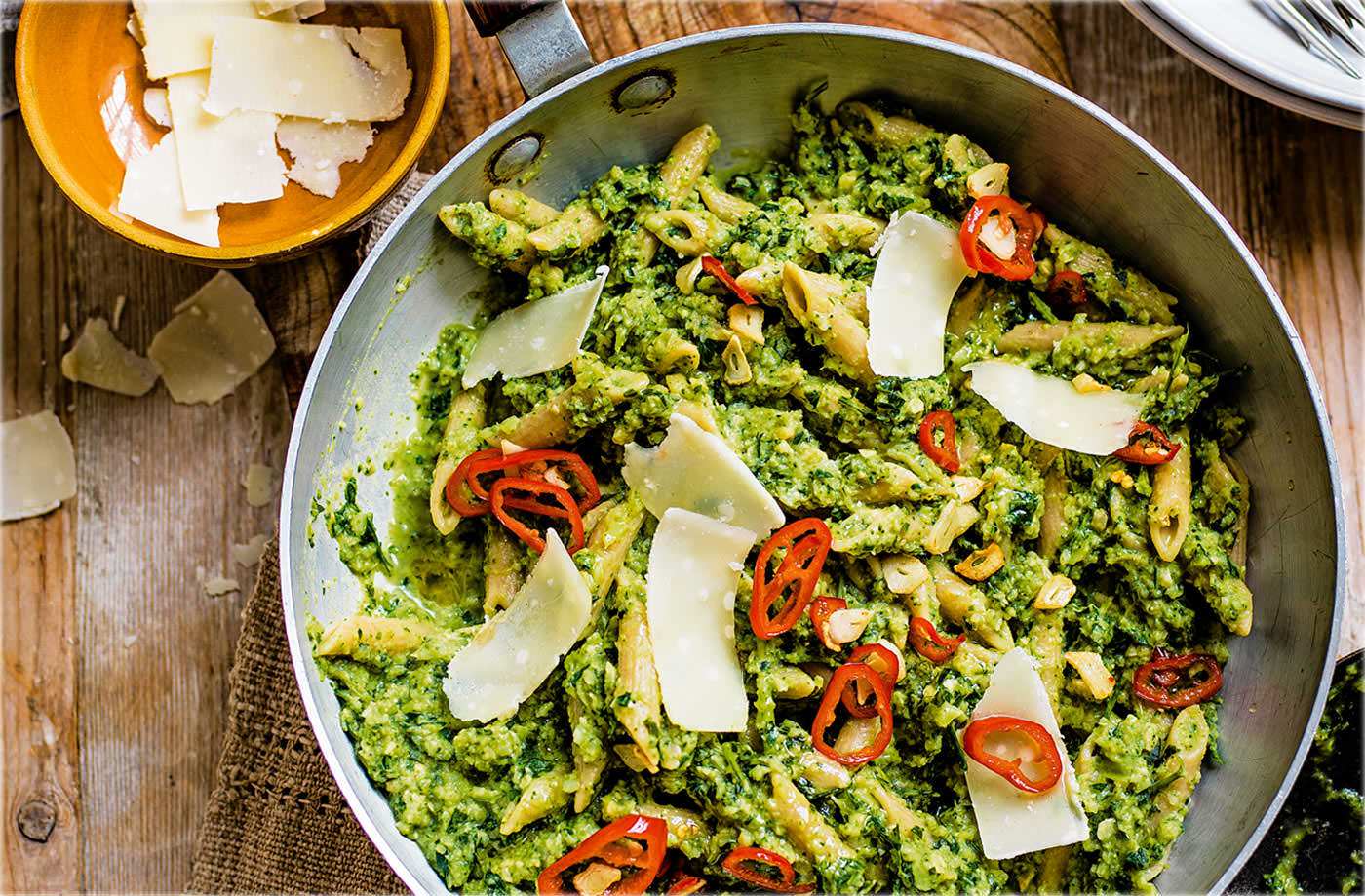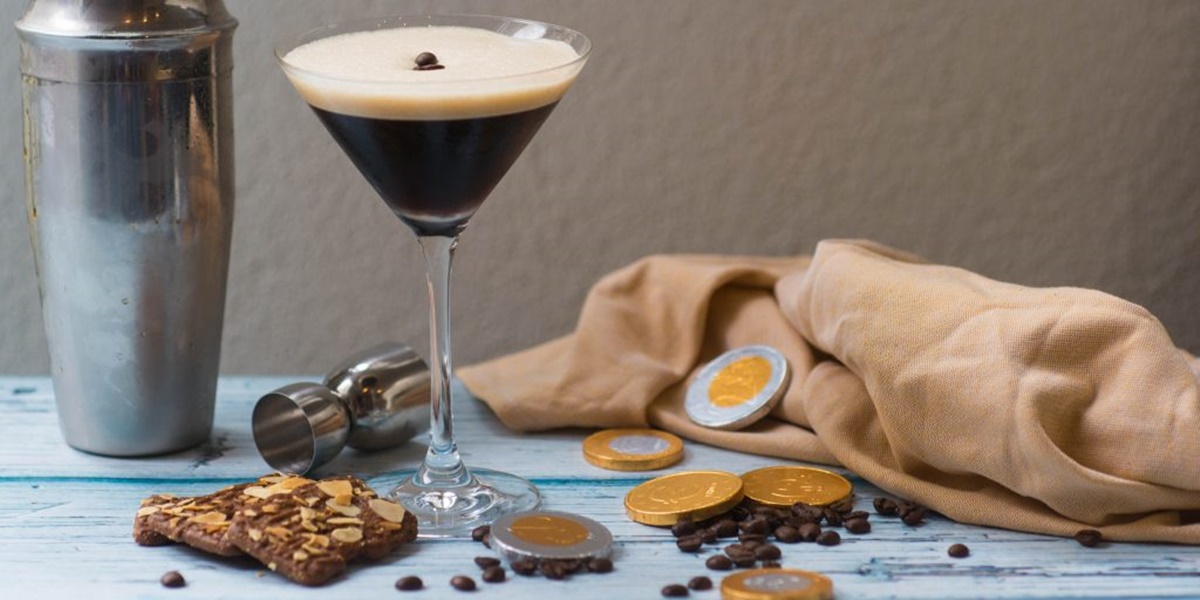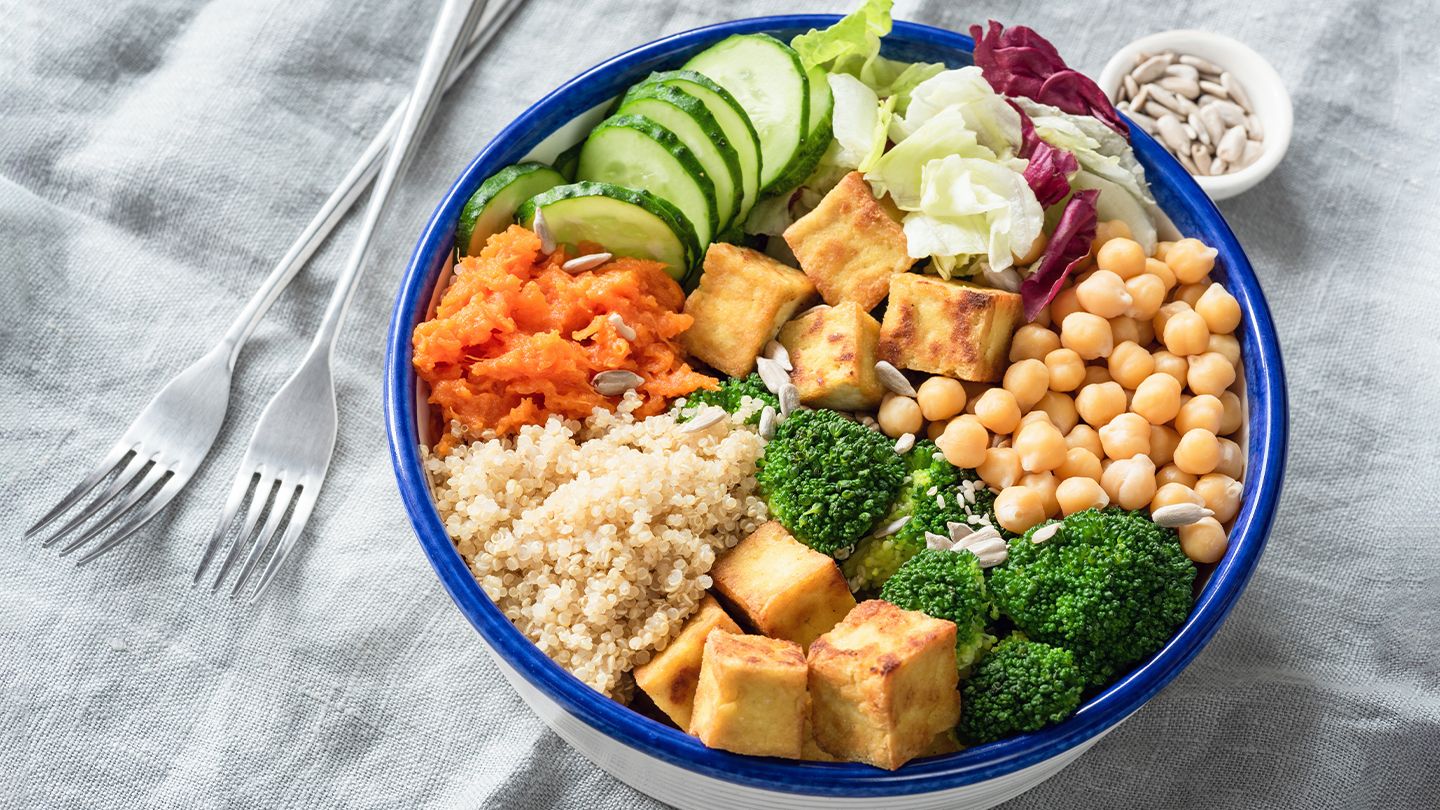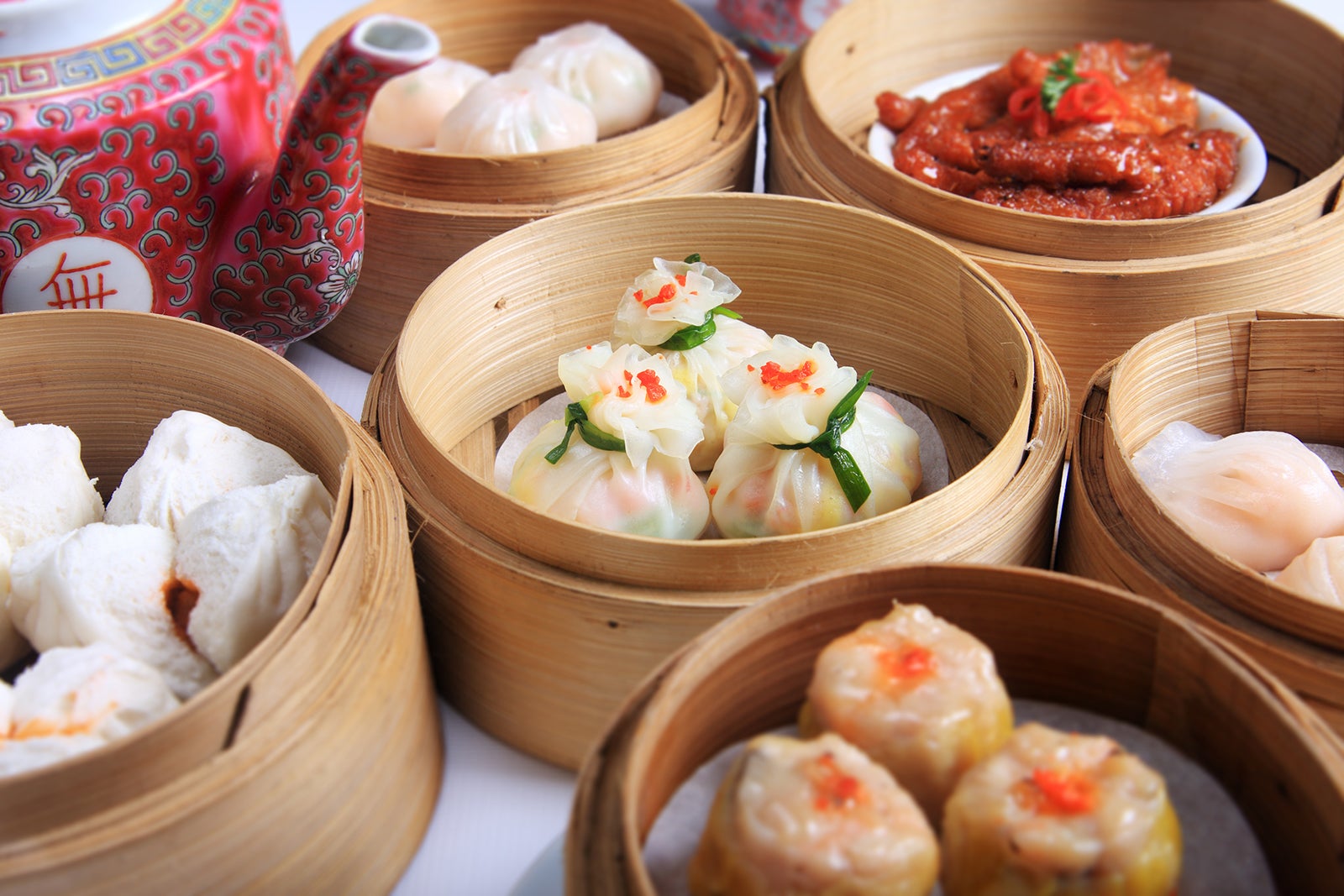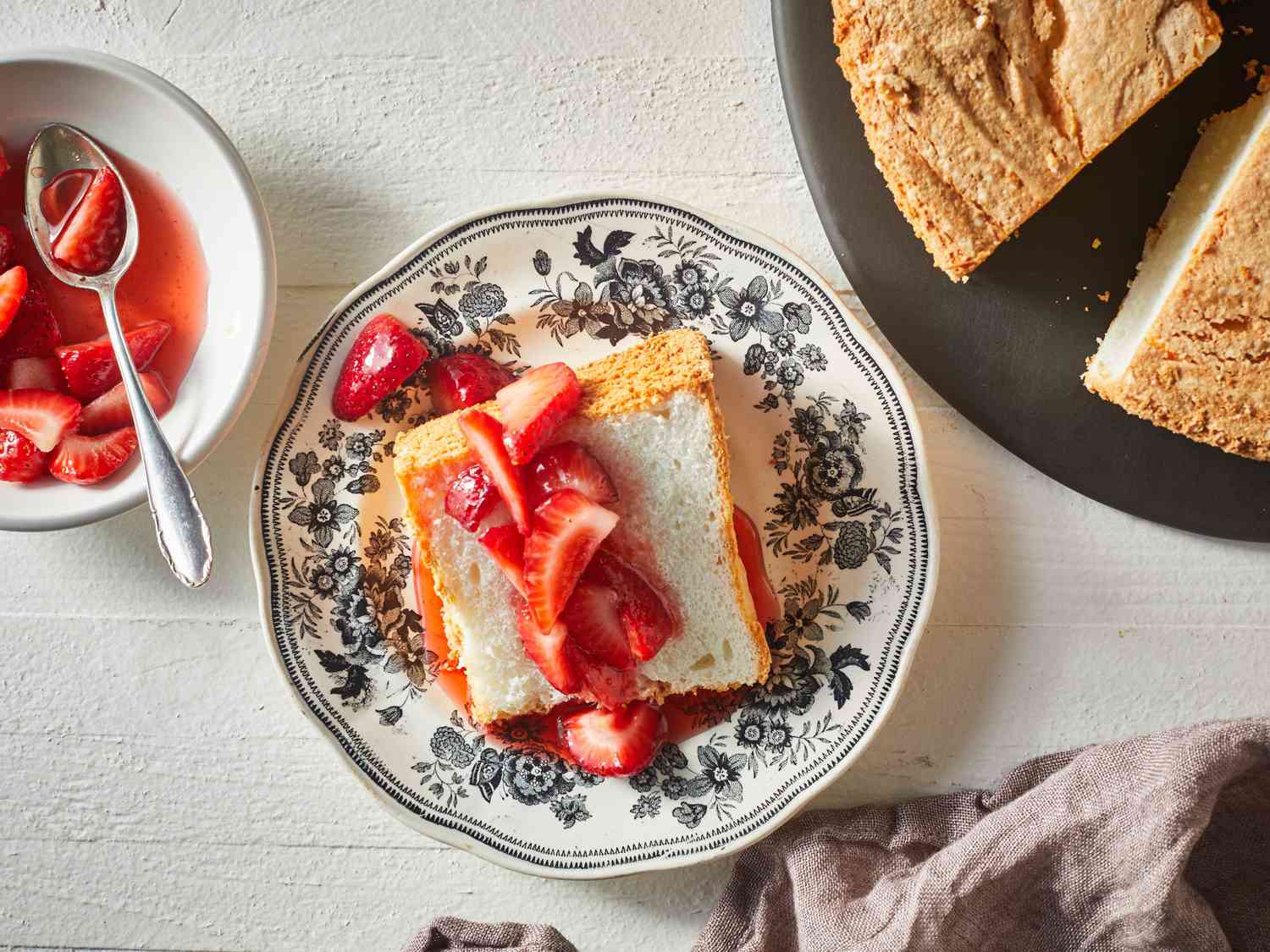8 Things To Know About Chinese New Year
Chinese New Year, also known as the Spring Festival, is a vibrant and joyous celebration that is steeped in ancient traditions and customs. Here are 8 things you should know about this auspicious event:
- 1. The Lunar Calendar: Chinese New Year follows the lunar calendar, which means the date changes every year. It typically falls between January 21 and February 20.
- 2. The Zodiac Animals: Each Chinese New Year is associated with one of the 12 Chinese zodiac animals. The upcoming year will be the Year of the Ox, symbolizing hard work, honesty, and determination.
- 3. Family Reunion: Chinese New Year is a time for families to come together and celebrate. It is estimated that over 3 billion trips are made in China during this period as people travel from cities back to their hometowns.
- 4. Red Packets: One of the most exciting traditions during Chinese New Year is the giving of red packets, known as “hongbao.” These red envelopes are filled with money and are given as gifts to children and unmarried adults to bring luck and prosperity for the coming year.
- 5. Firecrackers and Lion Dances: Loud firecrackers are set off at midnight on New Year’s Eve to scare away evil spirits. Lion dances, performed by dancers in lion costumes, are also a common sight during this festive time.
- 6. Traditional Food: Food plays a central role in Chinese New Year celebrations. Dumplings, fish, spring rolls, and sticky rice cakes are among the traditional dishes that are believed to bring good luck and wealth for the year ahead.
- 7. Decorations: Red is the dominant color during Chinese New Year as it symbolizes luck and happiness. Homes and streets are adorned with red lanterns, paper cutouts, and couplets with auspicious sayings.
- 8. Lantern Festival: The 15th day of the Lunar New Year marks the end of the celebrations with the Lantern Festival. People gather to release lanterns into the sky, creating a magical and mesmerizing sight.
Chinese New Year is a time of joy, unity, and renewal. It is a celebration that brings families together, strengthens traditions, and fills the air with excitement and anticipation. Whether you are a participant or an observer, embracing the customs and experiencing the festivities of Chinese New Year is truly a remarkable experience.
Want to learn more about the traditions and customs surrounding Chinese New Year? Head over to our World Cuisines forum section and share your thoughts, experiences, and questions about this fascinating topic in the “8 Things To Know About Chinese New Year” discussion thread.
FAQ:
What are some traditional foods eaten during Chinese New Year?
Some traditional foods that are commonly eaten during Chinese New Year include dumplings, fish, spring rolls, rice cakes (nian gao), and longevity noodles. These foods carry symbolic meanings related to prosperity, good luck, and long life.
Why are dumplings a popular food during Chinese New Year?
Dumplings are a popular food during Chinese New Year because their shape resembles ancient Chinese money, known as silver ingots. Eating dumplings is believed to bring wealth and prosperity in the coming year.
What is the significance of eating fish during Chinese New Year?
Fish is an important dish during Chinese New Year as its Chinese name, “yu,” sounds like the word for abundance or surplus. Eating fish symbolizes the wish for a prosperous and bountiful year ahead.
What is the significance of eating rice cakes (nian gao) during Chinese New Year?
Rice cakes, or nian gao, are a sticky, sweet treat made from glutinous rice. They are often steamed and served as a dessert or snack during Chinese New Year. The name “nian gao” sounds like the Chinese phrase for “higher year,” symbolizing progress, growth, and elevation in the coming year.
What are longevity noodles and why are they eaten during Chinese New Year?
Longevity noodles are extra long noodles that are often enjoyed during Chinese New Year. Eating these noodles symbolizes the desire for a long and prosperous life. It is believed that the longer the noodle, the longer the life.
Are there any taboos or superstitions related to food during Chinese New Year?
Yes, there are some taboos and superstitions related to food during Chinese New Year. For example, it is considered unlucky to eat porridge or meat that requires cutting, as they are associated with poverty and hardship. Additionally, breaking dishes or using a broken bowl is believed to bring bad luck.
What is the significance of the Reunion Dinner during Chinese New Year?
The Reunion Dinner, also known as the New Year’s Eve Dinner, is a significant meal during Chinese New Year. It is a time for families to come together and celebrate the start of the new year. The dinner typically includes an abundance of dishes symbolizing good fortune, happiness, and togetherness.

